Should You Allow Shopify Guest Checkouts or Require Accounts?
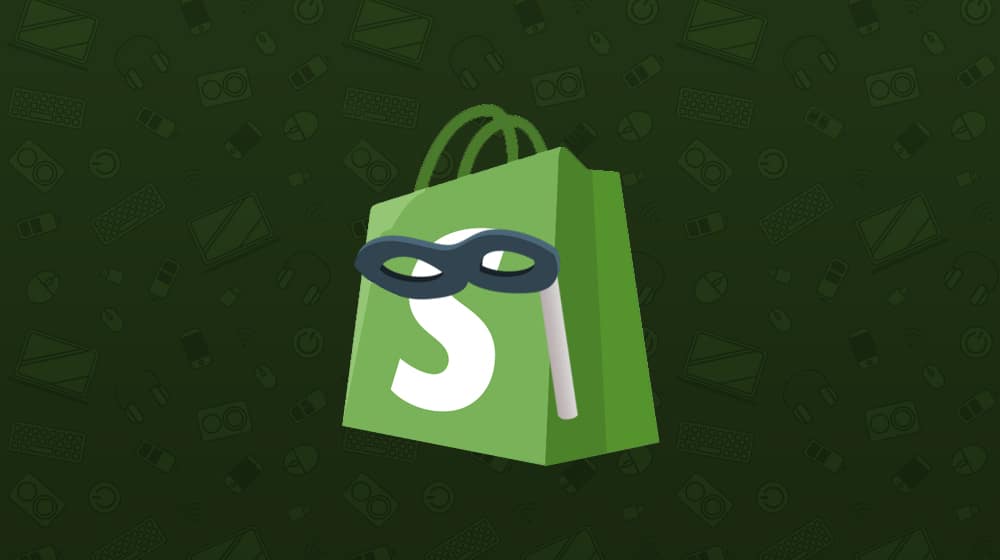
With Shopify, there are two schools of thought when it comes to user registration, because there are two options.
The first choice is to restrict your site to user accounts only. Anyone who wants to buy something from your store has to register a user account. The other choice is to allow guest users to check out, without saving their information to a user account or to your website in any way.
One school of thought says that having guest checkouts is better, while the other says restricting it to just user accounts is the better option. Both arguments have merits, so I'm going to cover them both.
Specifically, I'm going to cover this from the perspective of "the pros and cons of allowing guest checkouts." Let's dig in!
The Pros of Allowing Guest Checkouts
First, let's talk about the benefits of allowing guest checkouts on your Shopify site. This is easy to do, and in fact, it's the default for Shopify. When you set up the storefront, you have the option of whether or not you want to enable customer accounts, and all that entails. If you don't enable them, the only option users have is guest checkouts. So here are the benefits of allowing them.
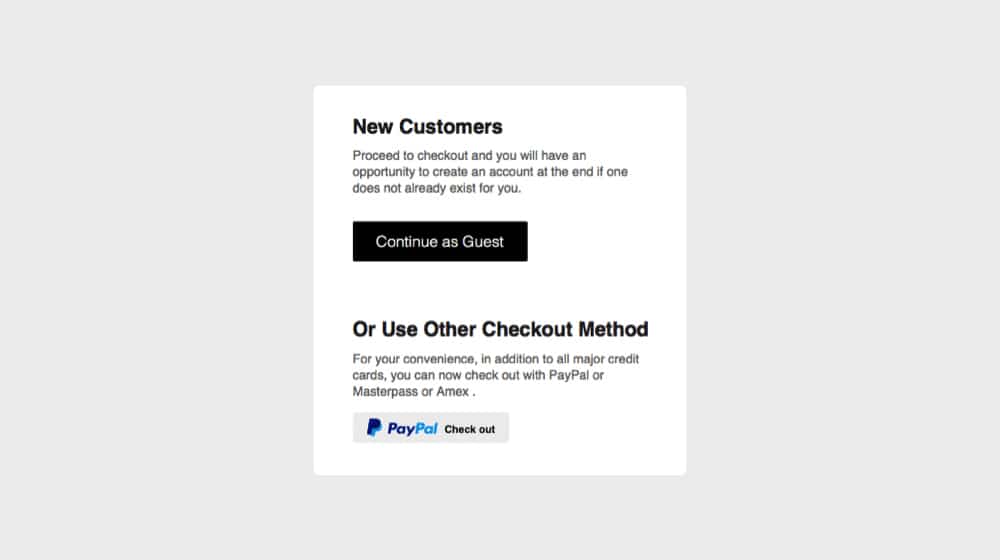
1. Allowing guest checkouts is a lower barrier to purchase. We marketers often talk about the "barrier to entry" that prevents people from taking action. This is a familiar concept in a lot of different industries. The harder it is for someone to accomplish a task, the more motivated they have to be to accomplish it, and the fewer people are going to do it. This holds true whether it's running a marathon, breaking into a car, or making a purchase online. When you enable guest checkouts, a lot of people are going to make a purchase that they would otherwise not make if they had to register an account.
2. Fewer people abandon carts when they encounter another barrier. This is something of an extension of the previous pro. It has been shown time and again that one of the ways you can reduce abandoned shopping carts in your store is to allow guest checkouts. People will often add items to their cart but, when they realize they need to make an account to proceed with the purchase, they will leave instead.
3. A lower level of commitment encourages further sales. Commitment is a hard sell in a world of instant gratification. Many people simply don't want to have to jump through hoops to get whatever it is they want out of your store. After all, if they can get the same item from, say, Amazon, where they already have an account, why would they want to make an account on your storefront too? They'll go where it's more convenient, even if that means they'll have to pay a little more for the ease.
4. More options generally mean more conversions. Now, this doesn't hold true in every situation. Decision paralysis is a real thing, after all. If you were to give a user 10 different options for checking out, then you'd probably lose conversions from people who don't want to have to decide. Simply allowing the choice between creating an account and not doing so is easy, though.
5. Many people are just tired of having to create accounts everywhere. We live in a world where it seems like there's a major data breach every few months, and even our web browsers are starting to notify us when saved passwords have been hacked. A lot of people would simply rather you not even have their information stored anywhere so that if your website suffers an intrusion, their information isn't at risk. I don't blame them, either; I'm tired of having to manage so many different accounts and passwords that even I choose to use guest checkout fairly often.
The Cons of Allowing Guest Checkouts
Now let's look at the other side of the coin. It's not all benefits when you enable guest checkouts. You lose a few benefits that you would have if you required accounts in order to sell.
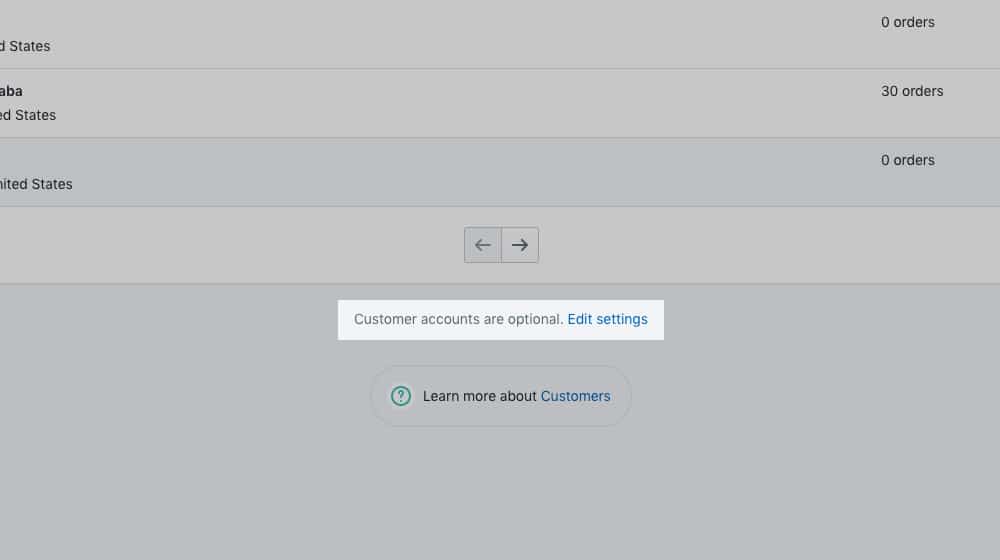
1. You won't be able to harvest information to customize marketing. You know how, when you shop at a store, you later get an email talking about deals they have for you, and they offer you things relevant to the purchases you made, and they mention you by name, so it feels more personal? Yeah, you can't do that if you don't have information about the user who makes a purchase. If you even have an email to send a newsletter to, you won't have purchase records or a name to use to customize it.
2. You won't be able to reach out to abandoned carts as easily. There are still a few tricks you can use, like using Google Analytics and the Facebook Tracking Pixel to run remarketing ads later, but those won't be very personalized. You'll be able to target the nebulous audience of "people who shopped at my store" but you won't be able to customize it based on any further information.
3. It's harder to tell when a customer is a returning customer. Guest checkouts mean you don't really get to save much information. You can do some basic IP address tracking, and you can cross-check that with user agents and so on, so you can record some information, but there are some users who find that a little creepy and might shy away from your store wondering what else you're tracking. Most of the time, though, it ends up not even worth doing that much tracking.
4. You'll have lower enrollment for loyalty programs. If you're trying to run any kind of loyalty or rewards program, people who don't sign up for accounts won't be able to enroll for rewards. Not everyone wants to run a loyalty program, of course, so this con isn't a con for everyone, but if you want to get a program up and running, guest accounts will get in the way.
5. You won't be able to save order history. This can be a big one for some types of users. Some people want to be able to recover their order history, but if they checked out as a guest, you won't have information to give them. It's a bit of a customer service issue, here.
Now let's explore the different options you have. There are, in fact, actually more choices than just the two.
Option 1: Guest Checkout Only
Shopify gives you three options by default, and this is one of them.
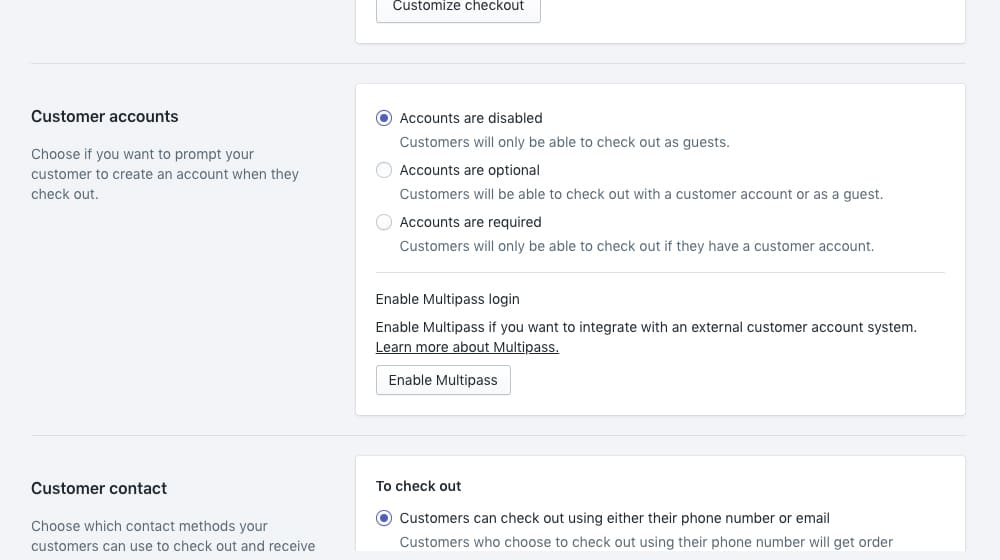
By restricting your site to only guest accounts, you're telling people that your storefront is relatively secure. You're not saving usernames, emails, passwords, credit card information, or anything else. You need enough shipping information to send a package, and you need enough financial information to charge a card, but once the transaction is complete, you don't save anything.
This is a benefit to security, and it's a benefit to people who are tired of having to register a new account for every different place they want to shop. It can make your store feel a little more trustworthy.
On the other hand, it cuts off your ability to save user accounts, transaction histories, loyalty programs, and other features. You also won't have the ability to customize newsletters, or even really build a newsletter out of your customers. You'll have to utilize that marketing channel in other ways.
Option 2: Guest Checkout, Accounts Optional
The second option Shopify gives you by default is the ability to offer either a guest checkout or an account. Users who want to take advantage of the benefits an account offers them can do so by registering one. Users who don't want to jump through the hoops, or who don't want their information saved, don't have to.
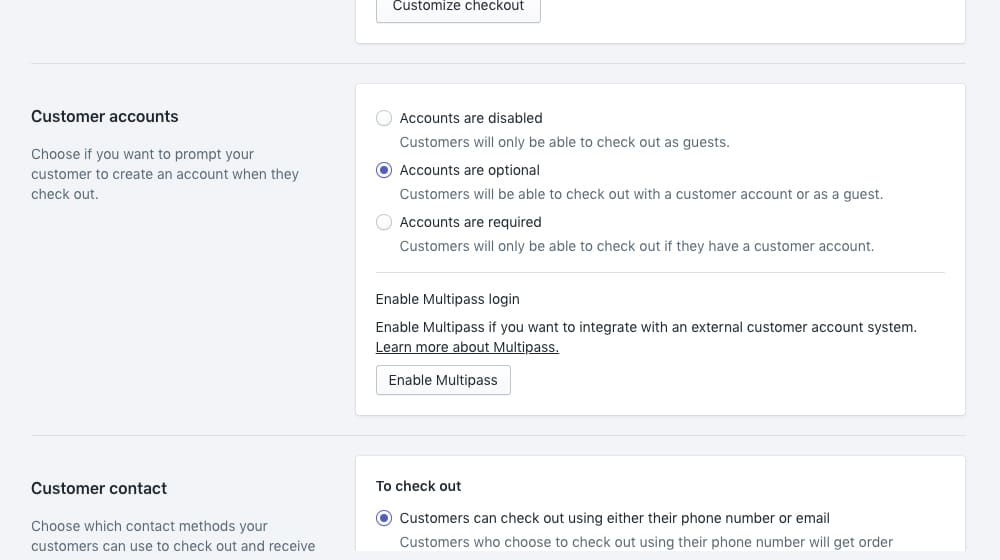
This is kind of the best of both worlds for users. They can pick the option that appeals most to them.
As a store owner, you lose out on some customer data, marketing options, and the same set of cons with a guest-only checkout. You will also likely have some people who check out as guests (even though, if they had to, they would have made accounts). Ideally, you'll make up for it with a higher volume of successful sales from those users who want a quick checkout.
Option 3: Accounts Mandatory
The third option Shopify gives you is to require a user account in order to check out. This is the strictest option and it's the one that is going to result in the most cart abandonment and the highest number of people who will decide not to purchase after seeing that they need to register.
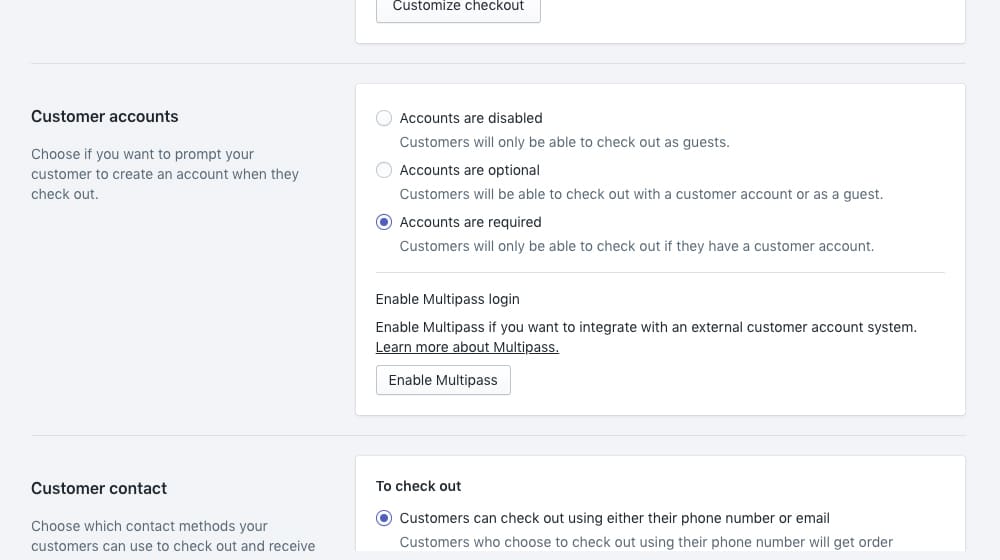
On the other hand, this is also the option with the most benefits for things like newsletters, marketing, loyalty programs, and user tracking. If you want to take advantage of these kinds of data points, requiring an account is a good idea.
Anonymous guest accounts also run into some issues with fraud. The higher barrier to entry that an account requires makes it slightly more difficult to use stolen financial information, though of course, it's not impossible.
If you want an overall lower number of conversions, but a higher quality of customer data and a higher level of returning customers, requiring accounts is the way to go.
Option 4: Guest Checkout with Post-Purchase Account Registration
Another option you have is to add the prompt to create an account after a user has already made their purchase. You can do this with Shopify apps, there are a number of them that allow you to set this option. Essentially, the user checks out as a guest, and when they've successfully completed the purchase, you ask them if they want to make an account to save their information.
This has one benefit, which is that it makes returning customers have an easier time checking out again in the future. If you're operating the kind of store that has returning customers or regular purchases, this can be a great benefit. If most of your customers are one-time purchases, though, this won't work as well.
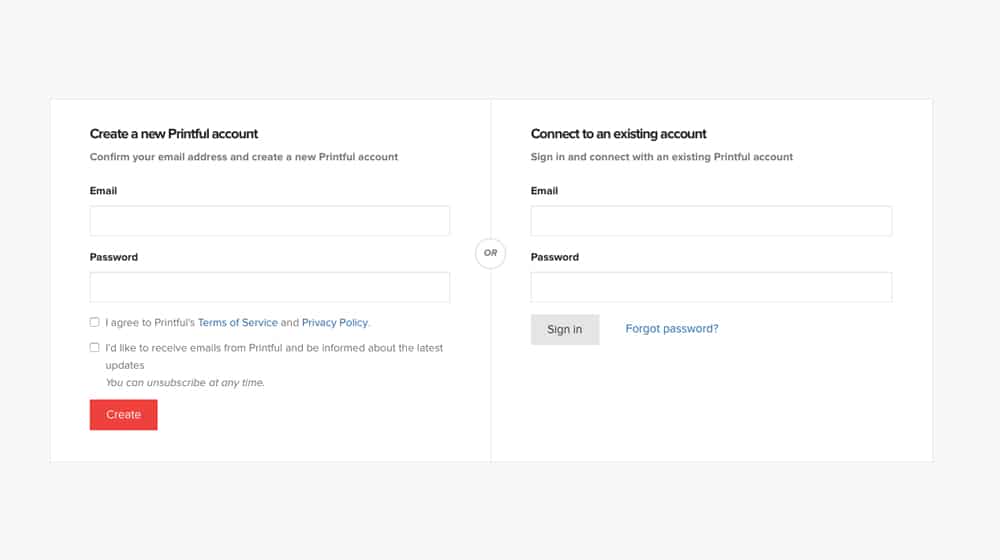
The other downside to this option is that a lot of people will just habitually close the page after they've received confirmation that their purchase has been completed, and they're less likely to want to stick around to even see the prompt. Timing is everything here, so you might lose out on some registrations this way.
This is a good option to pair with already offering the create account option beforehand as well. Giving people more options is, as mentioned, generally good in these circumstances.
Option 5: OAuth Accounts
Another option you can do with Shopify apps is to use social media or other account's OAuth login features. Sites like Facebook and Google allow you to log in to other websites using their information, right from their site. This is a secure option for people who don't want to have to manage more accounts.
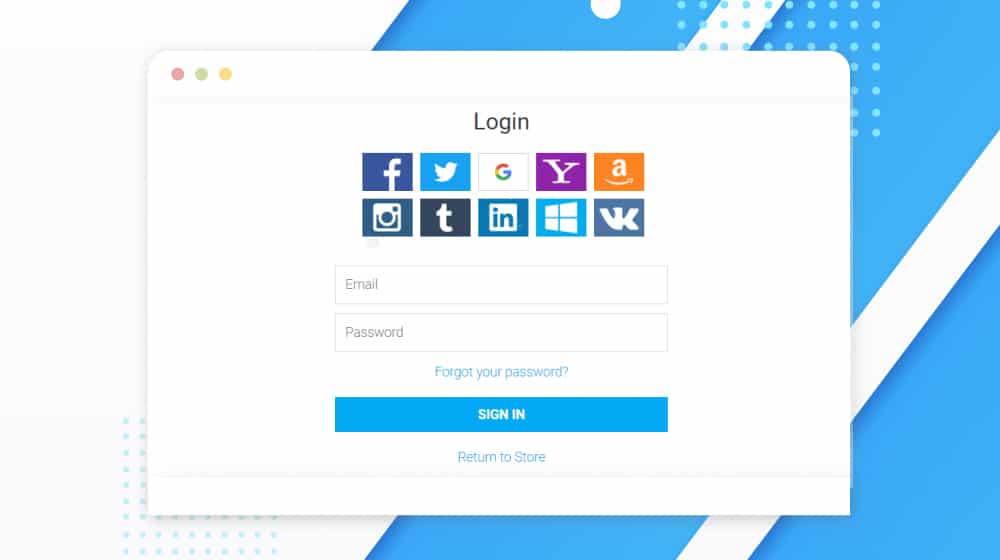
The idea is that your business doesn't retain login information, just your shipping information and billing information. It also streamlines the account creation process; a lot of the information you want to ask for, like name and email address, is filled out automatically when your site pulls data from the social network. Assuming, of course, that the user has accurate data plugged into their social account.
There are a handful of different apps you can use to do this on Shopify. You can try out One Click Social Login, or something like EasyAuth, or Oxi Social Login. Pick the app that has the support and features you want for the price point you like.
Which Option is Right for You?
Unfortunately, I can't tell you which option is the best option, because they vary depending on the business.
If your brand carries a lot of trust, social proof, and name recognition, you're going to be able to get away with requiring a user account much more easily. People are hesitant to make accounts for stores they don't trust or don't recognize, but if you have a name people in your industry recognize, they'll allow it.
If you have a lot of returning customers, accounts can be beneficial. If your store tends to sell products that last a long time and you don't have customers coming back every few months or on an annual basis, you'll benefit more from allowing guest checkout.
The more benefits you have for users who have accounts, the better you'll be able to sell them on requiring them. For example, if they're automatically given things like coupons, discounts, deals, and newsletter notifications, they'll be more likely to want to sign up for an account. If an account simply allows you to store information and target them with marketing to little benefit to them, they're less likely to want the account.
Most stores will benefit from providing as many options as possible, and making the most desirable one – the account – more beneficial to entice signups. Unless you're offering 50 different account signup methods, you should avoid any decision paralysis, and it will be a simple matter of speed and convenience versus the benefits of registering an account.
Do you run a Shopify store? If so, tell me what you do in the comments below and whether you've tested other options. I'm curious which has worked best for who.






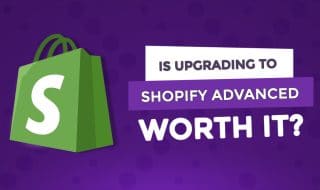



August 10, 2020
I want to open a Shopify store but still confused on what to choose. I want to get their details especially my customers email address so that I can also do email marketing for my prospect and returning clients. What do you think will work best for me?
August 10, 2020
Hey Clifton! You can still have a guest checkout that requires an email account, with a double opt-in for your email marketing. Shouldn't be a problem 🙂 I would personally allow guest checkouts just because it can marginally increase sales and remove checkout friction. It just speeds up the checkout process and reduces the chance of shopping cart abandonment. You can always play around with both and see which you like better. Good luck!
August 15, 2020
As a buyer, I prefer a store to just have a guest account. I don't want to sign up every time I want to purchase something especially if I will only purchase once. It's pretty annoying that you need to fill out forms when you just want to buy 1 item. As a seller I'll probably do the same thing....
August 17, 2020
Hey Shay! Same here, especially if I don't shop there very often. I think it's worth allowing guest checkouts personally but all stores are different and some require an account for more advanced setups (collaborative / creative orders, customization options, wholesale accounts and discounts, etc).
October 27, 2022
Hiya I have set up a shopify store but I am unsure of how people can buy from my store
November 04, 2022
Hi Amy, drop me a line, and I'll see what I can do to help 🙂 Shopify also has a great "Getting Started With Shopify" course by Samantha Renée that you can start with.